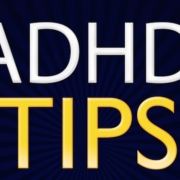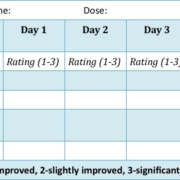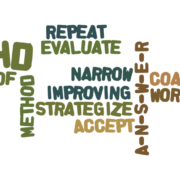Consequences of an Overreacting Parent
Do you overreact to your child with ADHD?
- Yelling at your child
- Mocking or embarrassing your child
- Giving harsh or sudden punishments
- Ignoring your child
- Lecturing your child
- Telling your child that he/she will not succeed in life
- Calling your child names (brat, pest, etc.)
If you do any of the above, you may be overreacting to your child’s behavior. This does not mean that you are the cause of his/her behavior or that your parenting is bad; however, it may mean that you are setting your child up for underachievement.
Effects of Overreacting:
Overreacting makes your child feel hopeless. Children who are highly distractible do not improve their behavior when they feel pressure from their parents. Feeling hopeless also leads to lack of motivation. Children may not understand the concept of “hopelessness” and may instead describe this feeling as being tired, bored, or mad. Overreacting can also make your child feel unloved. Children may think that you no longer believe in them or that you care more about the work they get done than about them. Of course, it is your love that is driving these overreactions, but a child does not view it this way. Reacting strongly can also teach your children to react strongly as well. If you misbehave as a parent, children notice this hypocrisy and learn to overreact as well.
Contact Dr. Gordon for help with your ADHD. We have treatment and solutions available online, by phone, and in our offices.
written by: Brianna Malinowski, Jay Gordon, Ph.D
Bernstein, J. (2007). 10 days to a less distracted child: The breakthrough program that gets your kids to listen, learn, focus, and behave. New York: Marlowe & Company.
Photo retrieved from: http://www.thestar.com/life/2013/08/19/being_controlled_by_husbands_anger_no_help_to_woman_fighting_cancer_ellie.html on Aug. 23, 2015








